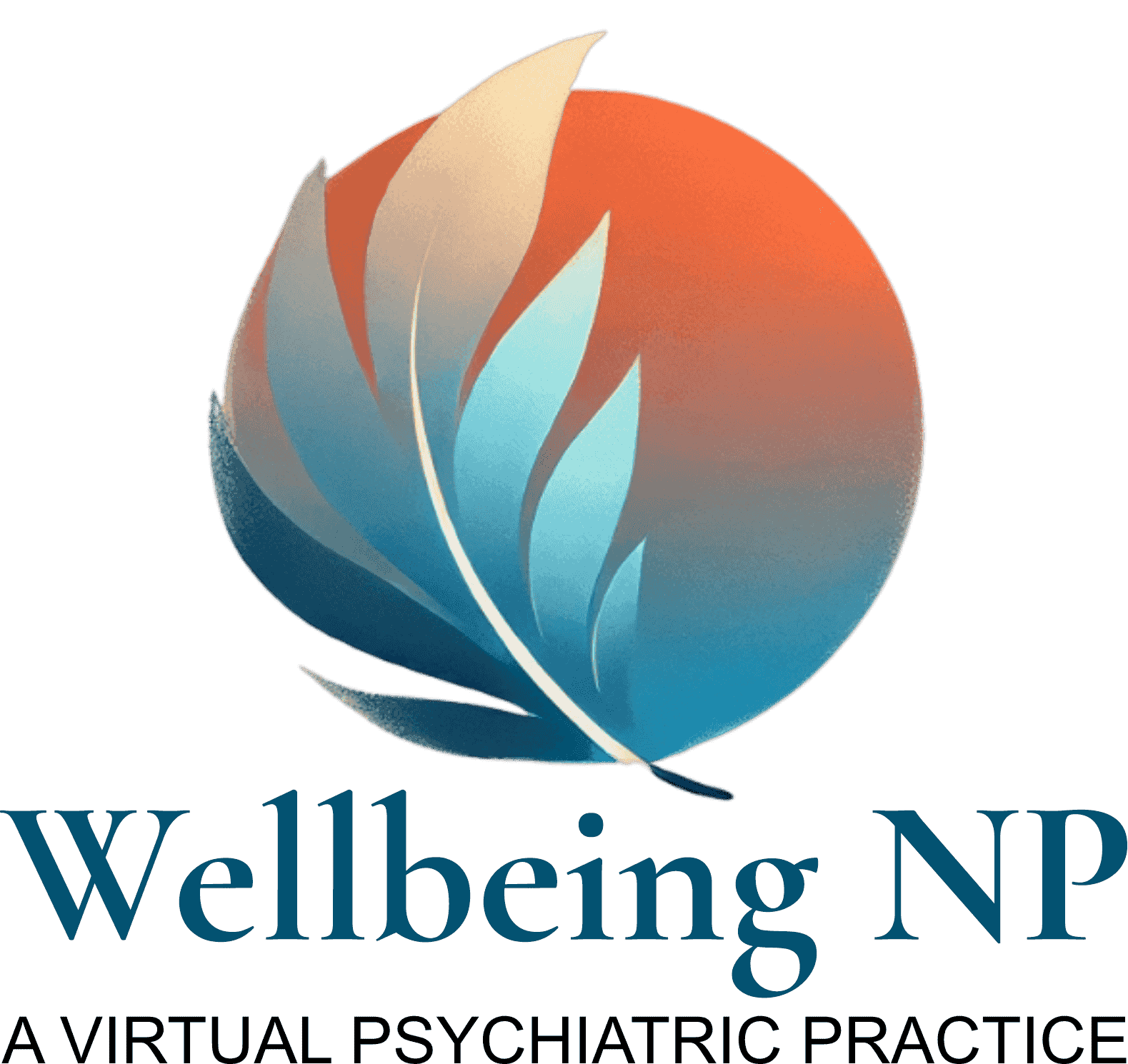
To the moms with ADHD and executive functioning challenges — this is for you. I’m a mom. I’m also a psychiatric nurse practitioner. And yes — I have ADHD, too.
Motherhood didn’t just bring me joy, love, and sleepless nights — it cracked wide open parts of me I didn’t even know were struggling.
Because here’s the thing: before kids, I could kind of hack the system. I could stay up late to catch up, bounce between tasks with adrenaline, and organize my life around my brain’s chaos. But when the kids came? The chaos came with them. And the coping strategies… stopped working.
What Self-Compassion Is (and Isn’t)
Let’s get one thing straight: self-compassion isn’t a bubble bath or a perfect planner or a new morning routine.
Self-compassion is not:
- Pretending you’re fine when you’re not
- Getting everything under control all the time
- Being the perfect mom or partner or friend
Self-compassion is:
- Letting go of shame when the laundry’s not folded
- Accepting that your brain works differently — and that’s okay
- Asking for help and support before you’re on the edge
- Giving yourself grace when your executive functioning crashes — again
Resources That Helped Me Keep Going
Two books that honestly helped me survive the messiest chapters of my motherhood and neurodivergent burnout:
📘 How to Keep House While Drowning by KC Davis
A must-read for any mom feeling buried by the basics. Compassionate, non-shaming, and practical.
📘 Burnout: The Secret to Unlocking the Stress Cycle by Emily and Amelia Nagoski
This book became the voice in my head when I needed a life raft. It breaks down how our bodies respond to stress, especially for women, and what we can do to complete the cycle and feel human again.
Tips for Moms with ADHD (or Who Might Have It)
✅ Break tasks into micro-steps (as in: “put dishes in sink” ≠ “do the dishes”)
✅ Use visual cues — not just lists — to support memory
✅ Don’t underestimate what a 15-minute reset can do (for you and your space)
✅ Routine isn’t restriction — it’s scaffolding for your overloaded brain
✅ Treat yourself like someone you care about — you’d never shame a friend for feeling overwhelmed
You Deserve Real Support
A note on language: While I use the term “mothers” here, this message is meant for anyone who identifies with a mothering role — regardless of gender identity. Parenting is demanding, and the challenges of executive dysfunction don’t discriminate. Whether you’re a birthing parent, a non-binary caregiver, or simply the person holding things together, you deserve support, too.
Many parents don’t recognize their ADHD until after they have children — when old strategies stop working, and the mental load triples overnight. You might find yourself forgetting appointments, struggling with time blindness, feeling emotionally flooded, or constantly overwhelmed by simple tasks.
That doesn’t make you a bad parent. It makes you human — and possibly neurodivergent in a world that wasn’t designed for your brain.
Getting support doesn’t mean you’re failing. It means you’re showing up — for yourself and your family. And that is something worth celebrating not just on Mother’s Day, but every day.
📅 If this resonates, I’m here. I offer compassionate, evidence-based psychiatric care for adults across Georgia — including parents navigating ADHD and burnout.
Book a consult or learn more at www.wellbeingnp.com
Lindsay Fuson, FNP-C, PMHNP-BC
Wellbeing NP








